Nearby Home Solutions for Main Water Pressure
Here's how water pressure in your home plays a vital role. It affects the quality of your water supply and can significantly influence the longevity of your plumbing system and appliances. Whether you are dealing with water pressure that's too high or too low, it is essential to conduct an assessment of your property to address the issue before it escalates.
You may wonder, what exactly is water pressure? Water pressure refers to the speed at which water reaches the outlet in your plumbing system. This speed can be an indication of the force behind the water flow. The water is supplied to your home via plumbing pipes, and the pressure within these pipes can differ from house to house or even suburb to suburb.
Learn More
In Australia, the standard for household water pressure is set at 500 kPa. The kilopascal (kPa) is the unit used to measure pressure. If your water pressure is close to 500 kPa, it indicates optimal service.
When it comes to water pressure, there are two primary concerns. Either your water flow is too low, or the pressure is too high. While both situations present challenges, they are manageable with the right expertise.
Fortunately, Network Plumbing offers a comprehensive solution for both issues. With over 33 years of experience in the plumbing industry, we understand water pressure thoroughly. Our professional plumbers can assess, diagnose, and resolve water pressure problems in your home efficiently.
Do You Have Low Water Pressure Supply?
There’s nothing more frustrating than dealing with low water flow. A weak shower is never enjoyable, and it can be a sign of a more significant plumbing issue.
If you notice inconsistent water flow from your taps or fixtures, or feel that your current water pressure isn't sufficient to meet your needs, it might be time to call in a specialist for leaking tap repair to investigate the underlying causes of low water pressure in your pipes.
Here are four potential reasons why you might be experiencing low water pressure in your pipes:
1
Leaks in your piping - If one of your pipes is experiencing water leaks, this could be the reason behind reduced water motion.
2
Blocked or clogged pipe - When services are clogged this can impede the pressure.
3
Corroded piping - A build-up of corrosion reduces the water's access.
4
An issue with your main water - It's unusual but you may not be receiving the correct amount of water pressure from your water main. If this is the case, we recommend you contact Sydney water to discuss the issue.
Network Plumbing can help identify the cause of your low water pressure. While it may not be a plumbing emergency, it is still an issue that we can resolve. Our expert plumbers utilise cutting-edge plumbing equipment to assess the condition of your pipes on-site. By addressing the root cause, the symptoms of low water pressure will be eliminated, ensuring your plumbing services run smoothly and efficiently.
If you're wondering how to increase water pressure in Australia, Network Plumbing is here to assist. Contact our professional team today to discuss solutions for improving your water pressure and enhancing your plumbing experience. We serve most
areas of Sydney and Wollongong and are always happy to discuss how we can help.
6 Signs you have
High Water Pressure
What are the signs that you're experiencing high water pressure in your plumbing? There are several symptoms that may indicate excessive pressure beyond what is necessary for your system.
- Leaking taps: When water pressure is too high, it can cause taps to leak, even when they’re fully turned off.
- Splitting water from your fixtures: Excessive pressure can lead to water splitting or spraying from your fixtures, making them inefficient and potentially causing damage.
- Water hammer: This loud banging sound is a result of high water pressure causing the pipes to move or shake when the water flow is abruptly stopped.
- Toilets continually flowing: High water pressure can cause the toilet’s valve to malfunction, resulting in continuous water flow.
- Hot water heater valves constantly leaking: When the pressure is too high, it can force water out of the hot water heater valves, leading to leaks and inefficiencies.
- Higher water bills: Excessive water pressure can lead to increased water usage, which often results in higher water bills.
If you're noticing any of these issues, it may be time to have your water pressure assessed and adjusted to avoid damage to your plumbing system.
Dangers of High-Pressure Water Supply
As every plumber knows, high water pressure can be risky. Excessive force can put significant strain on both your plumbing and appliances, stressing every part of your plumbing system. The dangers of having excess pressure travelling through your pipes can lead to emergency plumbing situations for both your hot and cold water services.
You may also notice higher water bills when water flows faster. With increased pressure, your home is using more water than the average household, which inevitably results in higher costs. Reducing the speed of water flow is not only cost-effective but also more environmentally friendly. Being water-wise is always a smart choice.
Our Top 6 At-Risk Areas
- Burst Pipes – Extra pressure places strain on your plumbing system, exposing weak points and making burst pipes more likely.
- Burst Flexi Hoses – Increased pressure, especially when applied multiple times a day, accelerates wear on the weave, making burst flexi hoses a concern.
- Faulty Valves and Washers – If a connection or valve is installed incorrectly, high water pressure can highlight and expose the weakness, leading to faults.
- Shorter Lifespan of Plumbing Appliances – Plumbing appliances endure more stress under high pressure, potentially leading to a reduced lifespan.
- Accelerated Ageing of Plumbing – The entire system is subjected to higher force, causing faster wear and tear on pipes and fixtures.
- Water Hammer – The increased pressure may cause water hammer, a disruptive banging sound in your pipes. You can learn more about water hammer and how to fix water hammer in Sydney and Wollongong.
Water Meter Supply Test Near You
You can easily perform a simple at-home water supply test to check if your water flow is too high or if you're experiencing low water pressure.
- Turn off all plumbing outlets – Make sure all taps, showers, and other fixtures are turned off.
- Record the current reading on your water meter – Take note of the numbers on your meter before starting the test.
- Locate your outside hose – Find your outdoor tap or hose connection.
- Run your hose for 1 minute – Allow water to flow through the hose for exactly one minute.
- Check the numbers on your water meter again – After one minute, check the reading on the meter and subtract the initial reading.
- If the result indicates that your water flow is less than 18 litres per minute, it’s time to contact Sydney Water to investigate the issue further.
Pressure Limiting Valves: Safeguarding Your Plumbing and Appliances
The good news is that when you face a problem like high water pressure and wonder how to reduce water pressure in your house, there is a solution that can help protect your washing machine, taps, dishwasher, hot water system, and all your existing pipework. A pressure limiting valve offers a comprehensive solution to address the issue if it is connected to the water mains.
A pressure limiting valve allows you to better control the distribution of both hot and cold water. This is particularly beneficial during the night when mains water pressure tends to rise, ensuring that your system operates efficiently and remains within the optimal pressure range.
Your tapware is likely the most affected by high water pressure. Many tapware manufacturers recommend adhering to the Australian standard of 500 kPa to ensure the longevity of your fixtures and avoid exposing them to excessive pressure that could cause damage.
Installing pressure limiting valves is not only beneficial for your plumbing system but also for the environment. It helps you be more water-wise, and by controlling the water pressure, you can also manage the cost of your water bills more effectively.
The Company We Keep






